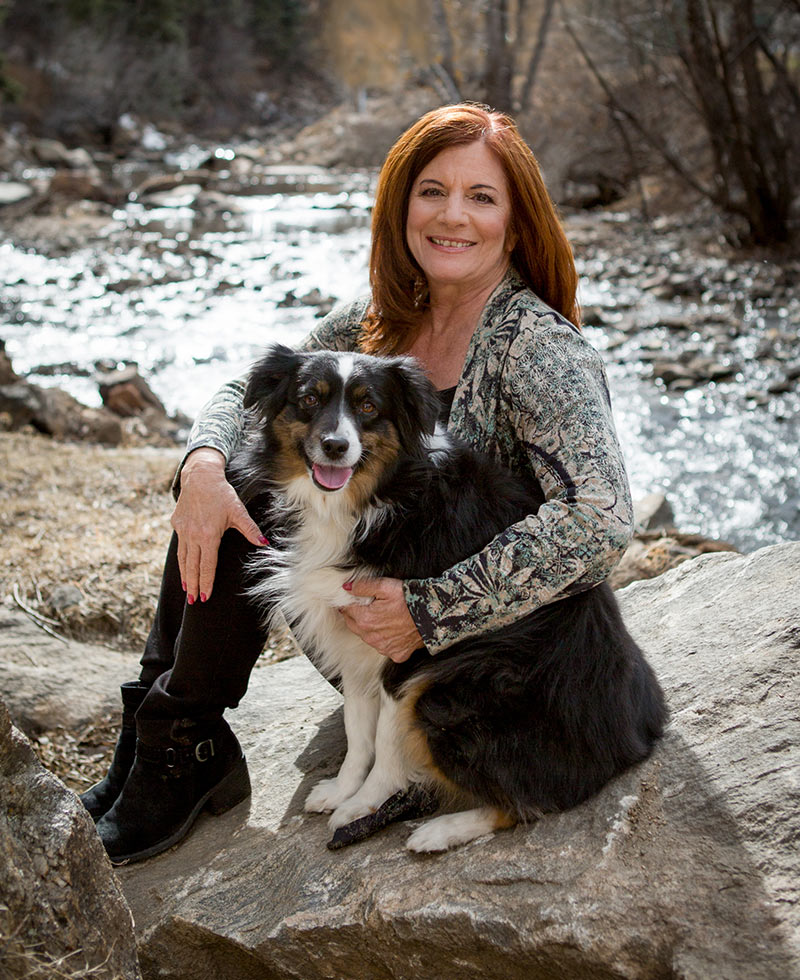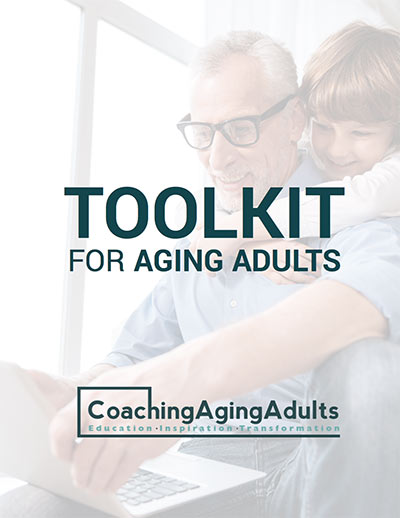A very real concern identified in the 2020 Edward Jones and Age Waver study, along with the 2021 update, is the fear of isolation as we age. Nearly 47% of retirees worry about becoming more isolated as they grow older.
I wasn’t surprised to learn that at all with the interdependent way we structure our lives. What I was was surprised to learn is:
Older adults spend twice as much time alone as younger adults do.
And here’s a really shocking statistic:
1 in 4 adults over the age of 65 is considered “socially isolated”, with too little contact and interaction with others. Social isolation is linked to increased rates of dementia, heart disease, and death.
What are the factors that cause social isolation? Sometimes older adults live alone due to widowhood, divorce, or never having partnered. Forty-four percent of women aged 75+ live alone. And while retirees’ cite being closer to their family as the most common reason to relocate, this may also mean they are moving away from friends, social groups, churches and other places of worship, or activities that have helped define their identities – all of which raises the chances of physical and social isolation in their new location.
It’s not all doom and gloom. The Edward Jones’ report does note there’s an important distinction between isolation and loneliness. Social isolation can increase loneliness, and that combination is debilitating to health. But loneliness does not necessarily equal social isolation. Most people define loneliness as a feeling of being disconnected and ignored, which is not necessarily the reality of being socially isolated.
This is where retirement planning really comes into play. Older adults who do well and stay well in retirement are in touch with friends and family, have made new friends, and regularly engage in group activities.
As you identify what your dream retirement looks like and more specifically where your retirement will take place, it’s important to factor in how you will replace the social interactions you’ve become accustomed to with a spouse or significant other, family, friends, and social groups.
I’d love to hear your ideas for how you’ll create a rich and full retirement. Please drop your comments below.



